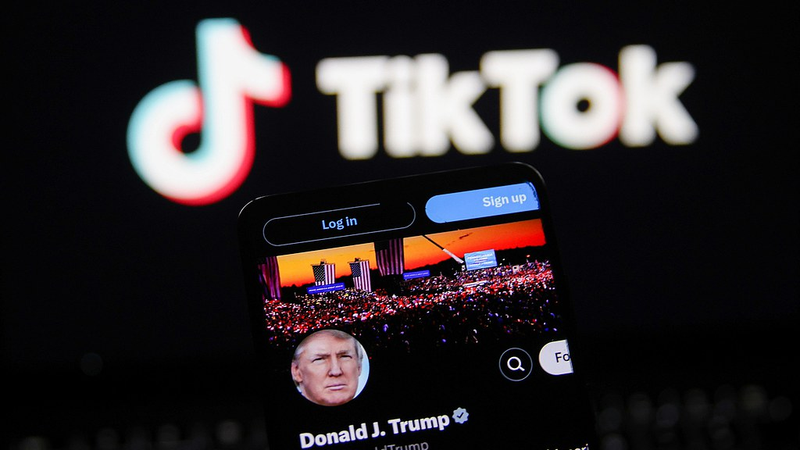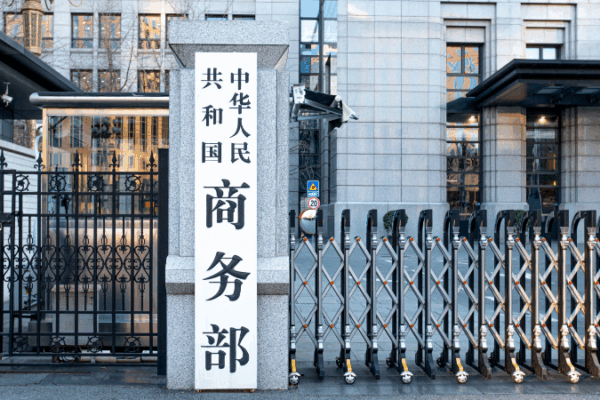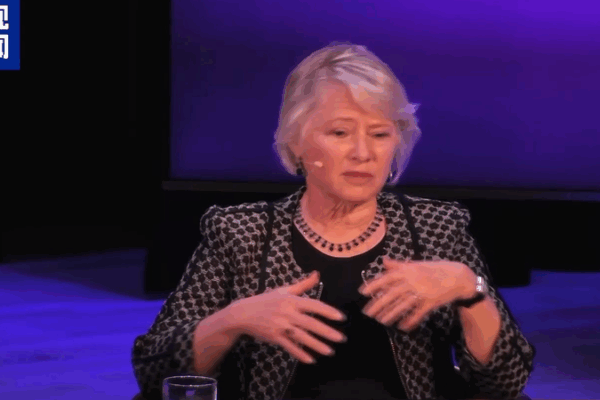
Trump Delays TikTok Ban Again, Extends Negotiation Window
President Trump has signed a third executive order extending TikTok’s U.S. operations by 90 days, buying more time for ByteDance to negotiate a sale under the sell-or-ban law.
My Global News: Voices of a New Era
🌍 Stay Ahead, Stay Global 🚀

President Trump has signed a third executive order extending TikTok’s U.S. operations by 90 days, buying more time for ByteDance to negotiate a sale under the sell-or-ban law.

Trump signs an order extending TikTok deadline by 90 days, giving ByteDance on the Chinese mainland more time to divest and secure user data.

China unveils new guidelines to deepen Shenzhen’s reforms and drive innovation, enhancing talent, capital and Greater Bay Area cooperation to set replicable models for global growth.

At Web Summit Vancouver, Northeastern’s Bethany Edmunds warns that AI governance gaps must be closed to match the pace of innovation and ensure responsible growth.

How Trump’s trade rhetoric shifted U.S.-China relations: tariff truce fallout, rare earth leverage, and hidden costs on consumers.

Portugal’s president has nominated Luis Montenegro as prime minister, launching coalition talks and setting a course for economic, digital and green reforms.

The Chinese Ministry of Commerce blasted U.S. guidelines seeking a global ban on Chinese advanced computing chips, calling the move a case of unilateral protectionism.

Susan Thornton warns Trump-era chip export controls against China could backfire, urging US-China cooperation in AI.

The Chinese mainland unveiled a guideline to accelerate high-quality development of its science and technology services sector, aiming to drive innovation and global partnerships.

U.S. guidance warns global use of Huawei’s Ascend AI chips could breach export rules, revealing deeper anxieties in the AI leadership race.